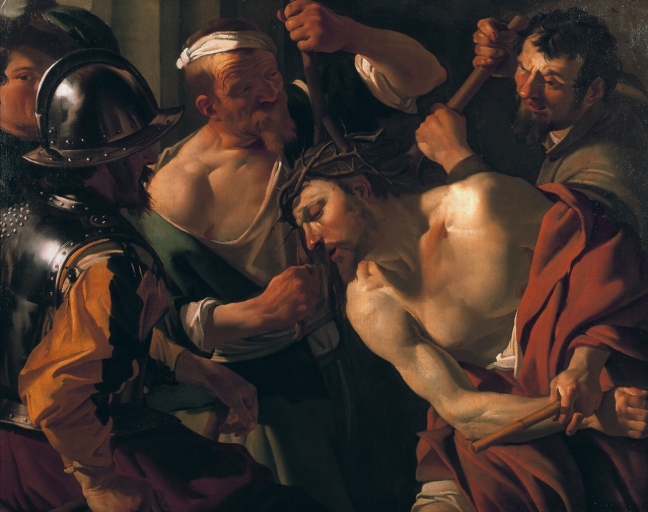JESUS AS SON: PART 3 “JESUS AS EMBODIED ISRAEL”
“When Israel was a child, I loved him, and out of Egypt I called my son. The more they were called, the more they went away; they kept sacrificing to the Baals and burning offerings to idols” (vv. 1–2).
– Hosea 11:1–7

Another aspect tied to the title of Son of God, is that of the identity of the nation of Israel. As Hosea points out in the verse, Yahweh actually refers to Israel as his own beloved child, and as his son. Although it should be noted that Moses is the first to point this out in Exodus, but he isn’t permitted by God to speak of it. This particular identity is historic in nature; implying that it is tied to the Jacob, the father of the 12 sons of Israel. Now, what’s even peculiar about this is that Jacob who was given a new name by a divine stranger was called ‘Prince with God’. This identity ties well with the identity of the Messiah as Prince of Shalom (as the true Prince/Ruler with God).
Jesus exercises his authority as the ultimate Patriarch that will redefine the world by selecting the 12. Now, if this isn’t made clear enough, Jacob’s name literally meant liar; Jesus intentionally revealed his name as ‘The Truth’. There’s not only that revelation but the continued allusion to his very being as the ‘Vine’ and his followers as the ‘branches’ as seen in John 15. This identity is essential to Jesus’s teachings as he anchors his church to his identity as the sole source of teaching. This is how God’s working in the messiah manifests its weight; God has revealed that he redeems by redefining and replacing the old in a manner that only he could.
The kingdom of God is unlikely to be formed unless Jesus lived the life that Israel was to live in all its history, and that is a righteous, devoted life to Yahweh alone; this is based off Deuteronomy 6:6. So, the theory goes, that when Jesus lived the perfect sinless life, his very life was made capable of enveloping all who were going to fall under the umbrella of his name as Son. It is in this very belief that the generational gap that stretched over for centuries is now reduced because Israel Incarnate has truly become Immanuel. He is our direct connection to God the Father as he is also now our Elder Brother as the book of Hebrews tells us.
So, you see, there’s quite a lot going on here with Jesus’ title of ‘Son of God’. Each of these implications are reflected in Jesus’ teachings as well as the doctrines surrounding him in the entire New Testament. What then does all this mean for us today? I have 3 main ideas:
a. Jesus identity as Israel gives us direct access to God and as such we can approach him directly (not relying on traditions as the Pharisees did).
b. We are assured of a genuine cover of our lives when we submit to him; Jesus is capable of understanding us “at all our points of weakness” because he himself was tested but yet without sin as the book of Hebrews tells us.
c. Jesus has given his followers a new identity as the members of the divine city, we have become, in him true Israel; if we remain in him we continue to be true Israel according to John 15.
And, to make things even more interesting. The New Testament would paint Jesus’s life in the same way as the Israelite journey, especially Jesus’s Flee to Egypt, his Baptism, His Period in the Wilderness for 40 days, His Temptation, His Passion and the eschatological aspect of Israel; His Resurrection. The Resurrection is blanketed over mankind and over all creation for those who believe in him. This is why John 1 would tell us, “those who believed in him he gave the power to become sons of God”. Paul the Apostle on the same note would say, “As he is, so also shall we be”.
“Do not fear, I have overcome…behold I was alive, and was dead and now I am alive forever more”
-Jesus to John
